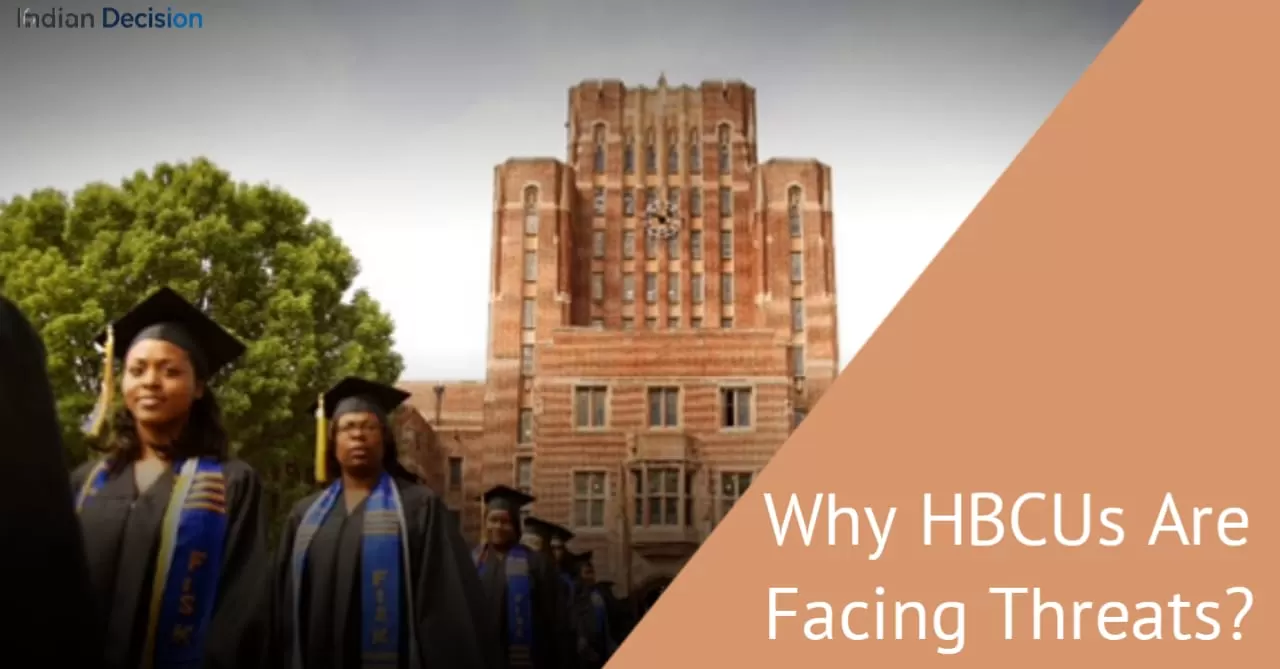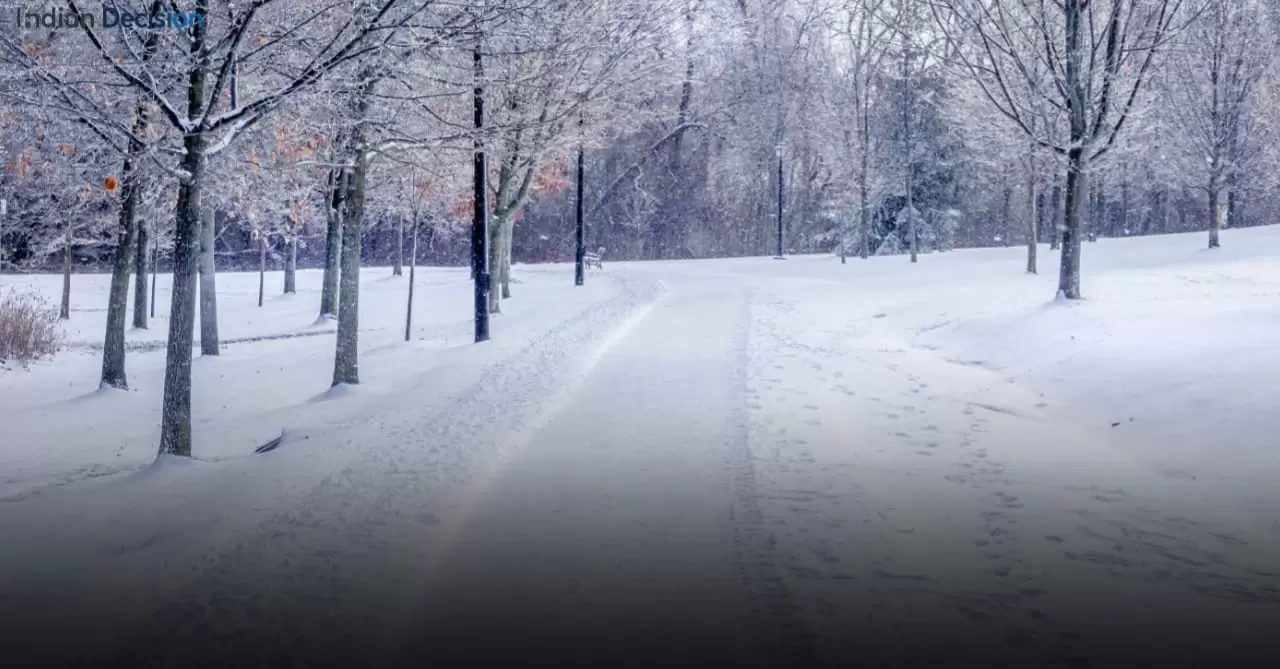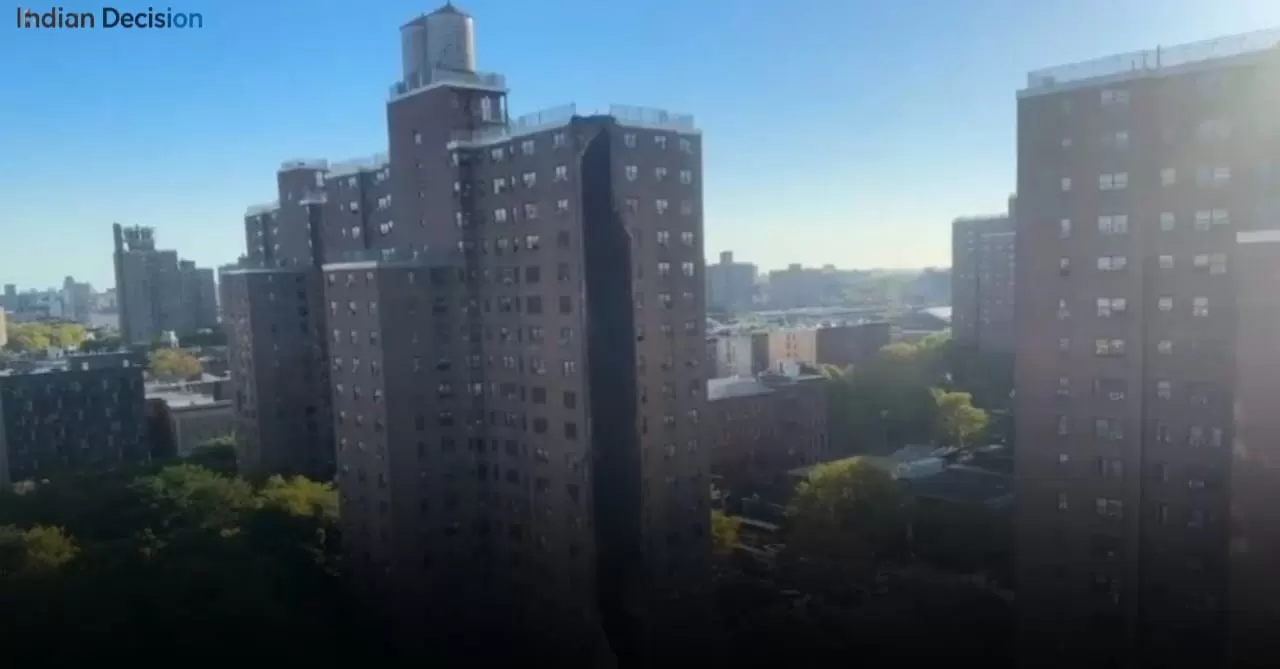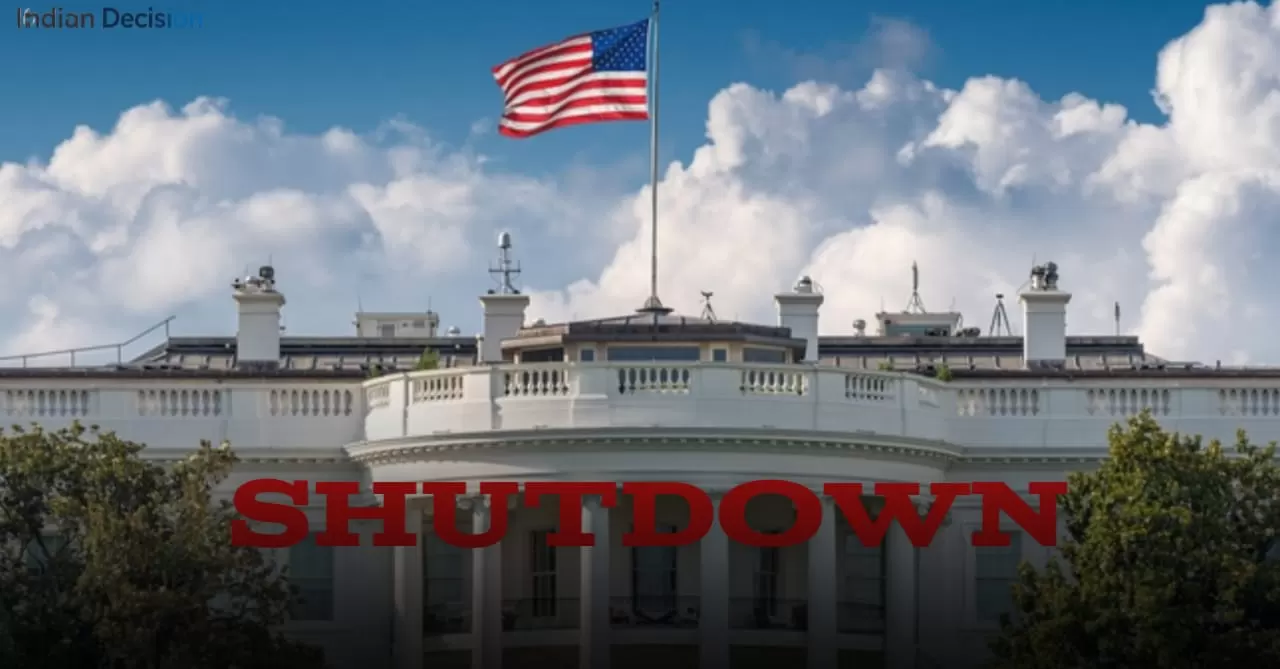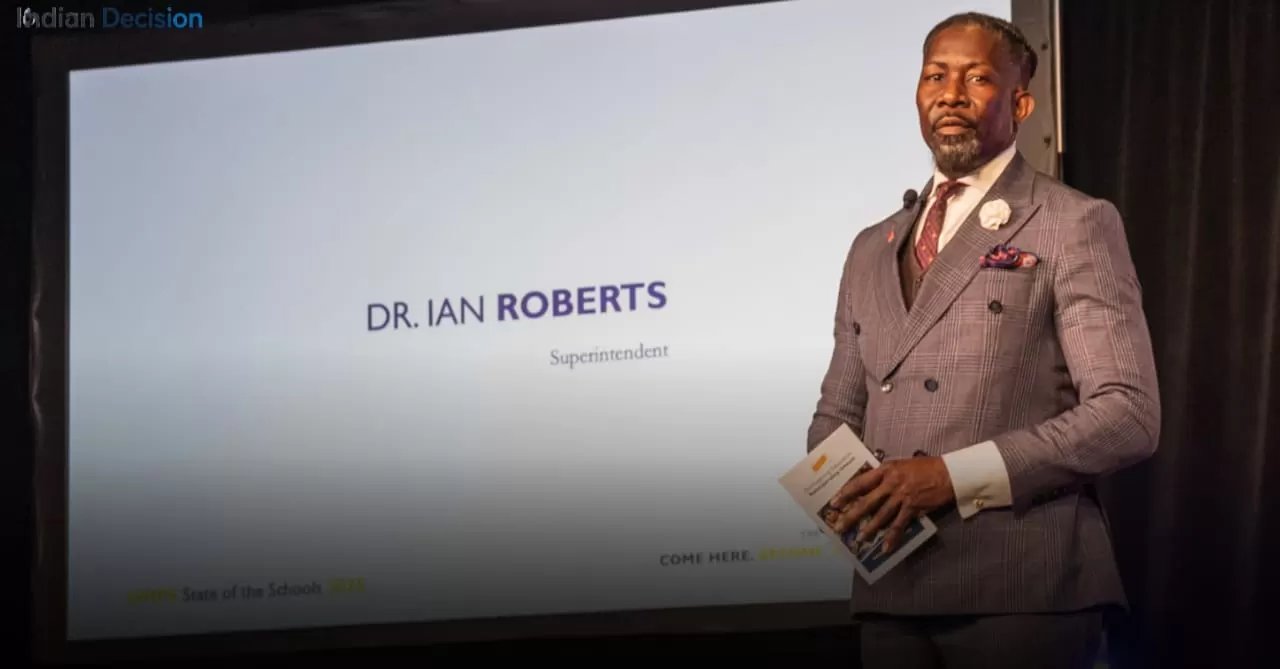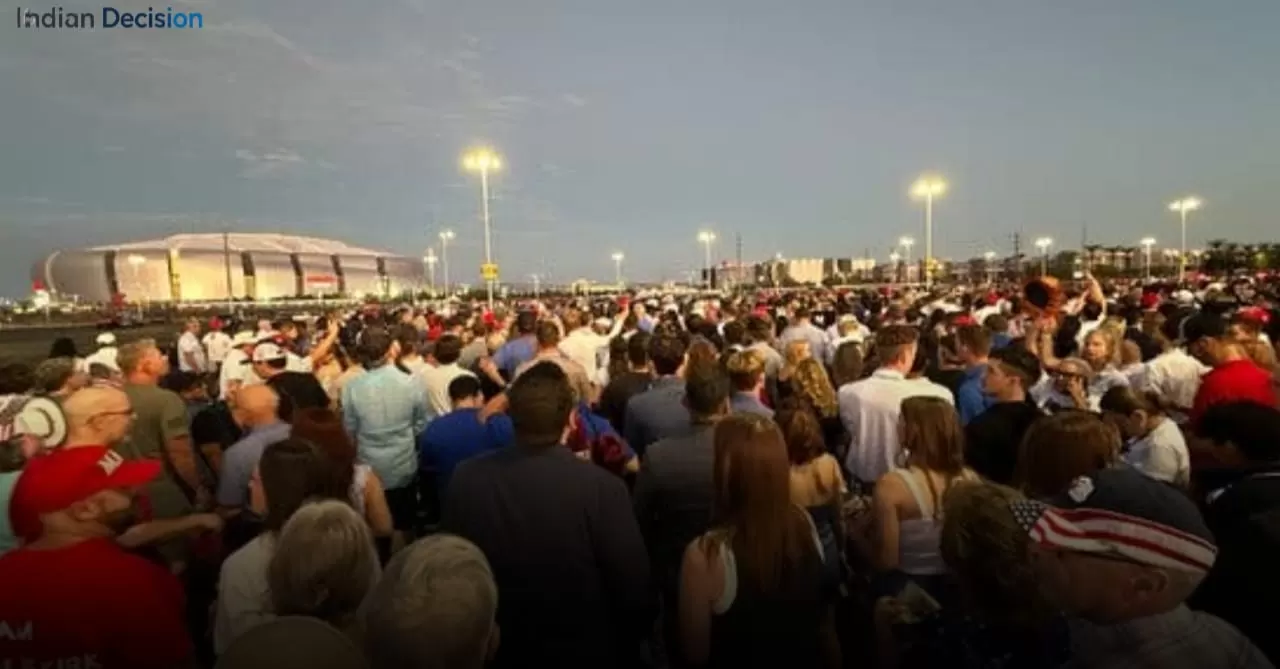Introduction: Why HBCUs Are Facing Threats
Historically Black Colleges and Universities (HBCUs) have long been centers of learning, resilience, and cultural pride. But in recent years, they have also been repeatedly targeted by threats that disrupt campus life and raise serious safety concerns. The latest incidents at Virginia State University, Hampton University, and other campuses once again highlight how vulnerable these institutions can be in moments of crisis. Students, parents, and administrators are demanding answers while balancing the need for security with the importance of preserving an open, welcoming learning environment.
Virginia State University Lockdown: What Happened
Virginia State University (VSU), located near Petersburg, Virginia, went into lockdown after reports of a potential threat on campus. Police cars lined the perimeter while students huddled inside dormitories, classrooms, and dining halls. The lockdown was lifted after several tense hours, but the fear lingered. Many students described the uncertainty of receiving emergency alerts on their phones while waiting for official updates. "It felt like time stopped," one student said. "We didn’t know if we were safe or not."
Hampton University Potential Threat
Just miles away, Hampton University also responded to a potential threat. University officials quickly issued alerts and advised students to remain indoors until law enforcement could secure the area. While no violence occurred, the disruption shook the community. Parents flooded social media with pleas for information, underscoring the anxiety that spreads beyond campus boundaries whenever the words “lockdown” and “HBCU” appear in the same sentence.
Alabama State University and Other Campuses
Alabama State University, Clark Atlanta University, Southern University, and Bethune Cookman have also been impacted by similar threats. Each campus had to coordinate with local police, FBI officials, and emergency response teams. In many cases, threats were unfounded, but they carried real consequences: canceled classes, interrupted research, and traumatized students. For schools already under financial and political pressures, these security incidents create additional strain on resources.
Patterns in HBCU Threats
Security experts have noted a troubling pattern. HBCUs often receive threats in clusters, with multiple campuses affected on the same day. These are sometimes traced to hoax calls or online messages, but the intent is clear: to intimidate and disrupt. The fact that historically Black institutions are so often targeted raises serious questions about racial hostility, bias-motivated harassment, and the vulnerability of minority-serving schools. Students at HBCUs describe the threats as both frightening and exhausting, forcing them to live with constant vigilance.
The Role of Law Enforcement
Police departments and federal agencies, including the FBI, have investigated many of these cases. While arrests have been made in past incidents, enforcement has not completely deterred future threats. University police chiefs often emphasize the importance of preparedness, running active-shooter drills and improving campus alert systems. Still, some students argue that the repeated disruptions show systemic failures in preventing threats before they escalate.
Impact on Students and Faculty
Lockdowns at HBCUs don’t just interrupt a single day of classes; they leave a lasting impact. Students report heightened anxiety, difficulty focusing on studies, and concerns about whether their campuses are truly safe. Faculty members must adapt quickly, shifting lessons online or canceling them entirely. Parents, too, are drawn into the chaos, often waiting hours before learning if their children are safe. The ripple effect reaches alumni networks, community leaders, and prospective students weighing where to enroll.
Comparisons With Non-HBCUs
While universities across the United States deal with threats, HBCUs appear disproportionately targeted. Comparisons with institutions like the University of Central Florida (UCF), which also receives threats, reveal differences in perception. When a predominantly white institution faces a lockdown, the narrative often centers on general campus safety. At HBCUs, the discussion quickly broadens to include racial targeting, systemic inequities, and historical hostility. That context makes each threat heavier, more symbolic, and more politically charged.
Responses From University Leaders
Leaders at Virginia State University, Hampton University, and Alabama State have all spoken publicly about the incidents. They stress resilience while acknowledging fear. In town halls, administrators have pledged investments in security infrastructure and mental health support. Some campuses are now considering 24/7 monitoring systems, expanded surveillance, and more frequent drills. Still, students have urged leaders not to let the threats overshadow the vibrant, supportive environments that make HBCUs unique.
Community Reactions and Support
The broader HBCU community has rallied in solidarity. Alumni, civil rights organizations, and advocacy groups have condemned the threats, framing them as part of a larger pattern of racial intimidation. Social media campaigns using hashtags like #HBCUStrong and #ProtectOurHBCUs amplify student voices and highlight the need for policy changes. Churches, local businesses, and civic organizations have offered support, from counseling services to donations for campus safety upgrades.
Historically Black Colleges Lockdown: A Broader History
Threats against HBCUs are not new. From their founding during and after Reconstruction, these institutions have faced hostility. Segregation, funding inequalities, and violence against Black students all form part of this history. Today’s lockdowns are reminders that while much progress has been made, HBCUs continue to confront unique vulnerabilities rooted in America’s racial landscape. The history underscores why each modern threat resonates so deeply across generations.
Federal and State Responses
In response to the growing frequency of HBCU lockdowns, federal and state governments have promised action. Lawmakers in Congress have introduced bills aimed at increasing funding for campus security at minority-serving institutions. Governors in states like Virginia and Alabama have pledged support, though critics argue that resources have been slow to materialize. Without consistent, long-term investment, HBCUs fear they will remain easy targets for those seeking to sow fear.
How Students Are Coping
Despite the challenges, students at HBCUs are finding ways to cope and resist intimidation. Peer support networks have become crucial, with many turning to student-led organizations for solidarity. Mental health services, while often stretched thin, are increasingly in demand. Some students channel fear into activism, lobbying for better campus safety policies and demanding accountability from public officials. Others lean on traditions of resilience and community that have always defined HBCUs.
Safety Measures at HBCU Colleges
Universities are adopting multiple safety measures in response to recent threats. These include:
- Installing more surveillance cameras around campus perimeters.
- Enhancing campus-wide alert systems with faster notification speeds.
- Conducting regular lockdown and active shooter drills.
- Partnering with local and federal law enforcement for rapid response.
- Expanding counseling services for affected students and staff.
These efforts, while helpful, also raise debates about privacy, resource allocation, and the psychological effects of frequent drills.
Today, September 12, 2025: Latest Updates on HBCU Threats
As of today, September 12, 2025, no active threats remain at Virginia State University or Hampton University. Both campuses have resumed normal operations, though security has been heightened. Alabama State University reported increased police presence during morning classes. Student leaders at Clark Atlanta University are organizing a rally this weekend to call for stronger protections across all HBCUs. Federal investigators continue to trace the origin of the latest wave of threats, but officials have not announced any arrests. The sense of unease remains, but so does determination. As one Virginia State senior put it, “We won’t let fear define our education. We belong here, and we will stay strong together.”
Conclusion: The Future of HBCU Safety
HBCUs remain vital to American education and culture, but they face unique challenges when it comes to safety. The wave of threats and lockdowns has forced administrators, students, and policymakers to rethink how to protect these institutions. While investments in security technology and mental health resources are steps forward, the larger issue is ensuring that HBCUs are not isolated or left behind in national discussions of campus safety. Protecting them is not just about preventing crime it’s about preserving spaces of opportunity, equity, and history for generations to come.

